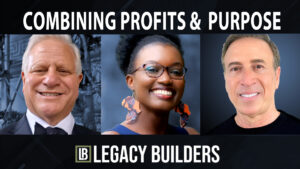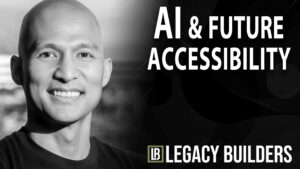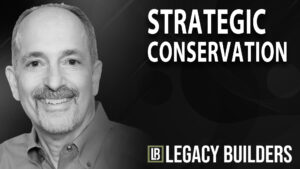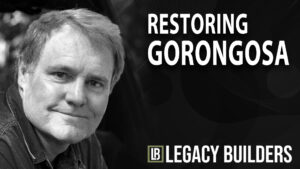The Ownership Revolution: How ESOPs Can Strengthen the Middle Class
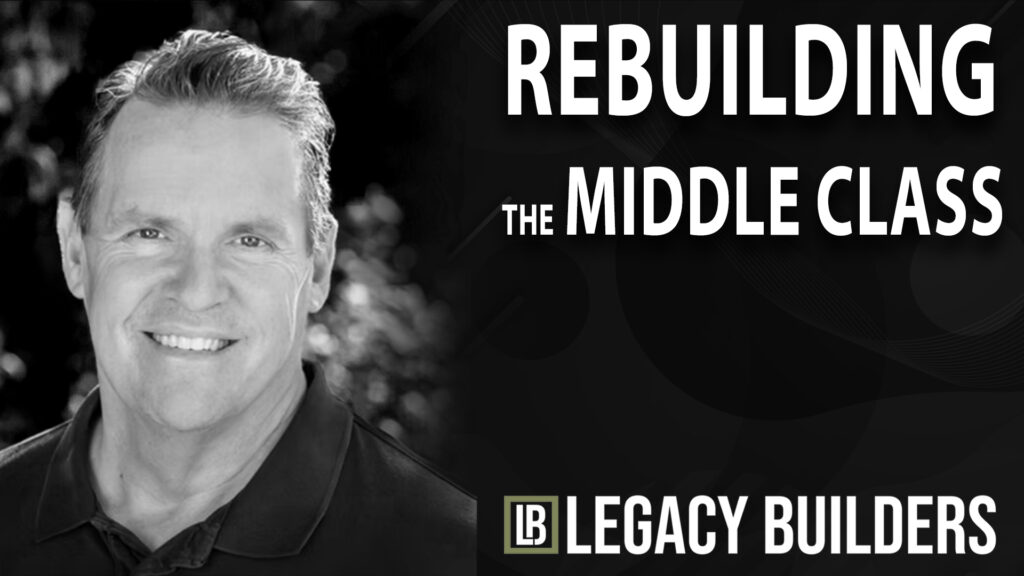
The Ownership Revolution: How ESOPs Can Strengthen the Middle Class
For decades, the American middle class has been the foundation of economic stability, embodying the aspirations of millions. Yet, as Chester Woolley eloquently highlighted in his recent speech, this once-thriving segment of society is in decline. “The middle class seems to be shrinking. It doesn’t just seem to be shrinking. I actually think… we are essentially losing the middle class at this point,” Woolley warned. His insights shed light on the structural challenges facing middle-income earners and, more importantly, the viable solutions to revitalize this crucial economic segment.
The Alarming Decline of the Middle Class
The middle class was once the bread and butter of the American economy, forming the backbone of stable communities and thriving businesses. Woolley painted a sobering picture of its decline: “No longer can they hope in their minds to have a new house or to buy a house. No longer do they actually think that if they go and get an education, they’ll get paid more for that.” The erosion of financial security, exacerbated by skyrocketing costs in housing, education, and basic living expenses, has placed many in a precarious position.
One of the most alarming statistics he shared underscored the widening wealth gap: “1% of Americans now own more than the next 60% of Americans.” This growing disparity not only threatens the financial well-being of millions but also undermines the stability of democratic institutions. Woolley pointed out that “we are within five years of 1% owning 99% of what the rest of the country owns.” Without strategic intervention, the consequences of this wealth concentration could be dire.
The Root Causes: Cost of Living vs. Wage Growth
Woolley laid out the stark reality: while wages have barely increased, essential expenses have skyrocketed. “With inflation adjusted for the last 30 years, the average middle-class person has seen only a 3% increase in income,” he stated. Meanwhile, “housing expenses in that same period have gone up 144%.” This fundamental imbalance has eroded the purchasing power of middle-income earners, making homeownership and financial security increasingly unattainable.
Education costs have also spiraled out of control, with tuition increasing by 280% on an inflation-adjusted basis. As Woolley noted, “Kids come and ask me, ‘Should I go to college and spend $100,000, $200,000 and go into debt? Will I get that back?'” Historically, the answer was a resounding yes. But today, with stagnant wages and rising debt burdens, young people are forced to reconsider the value proposition of higher education.
A Promising Solution: Employee Ownership
While the statistics Woolley shared are concerning, he also offered a path forward—one rooted in empowering workers through ownership. “Rather than be doom and gloom, let’s approach some of these issues proactively,” he urged. One of the most promising solutions he highlighted was Employee Stock Ownership Plans (ESOPs), which enable employees to become owners of the businesses they work for.
“What about us saying that employees start buying the companies they’re working for?” Woolley proposed. This concept isn’t new, but it remains underutilized. “Our government was really inspired in the 1970s and passed legislation to incentivize workers to become owners,” he explained. These laws provide significant tax advantages for both business owners and employees who transition to an ESOP structure.
One of the best-known examples of an ESOP-owned company is Publix. “Employees who have been working there for 10 years probably have about seven times the retirement assets of other middle-class workers in similar roles,” Woolley noted. Because employees share in the company’s profits, they are more engaged, productive, and committed to long-term success. “They don’t just get a salary and a bonus. They get dividends that increase their annual incomes,” he emphasized.
The Economic and Social Benefits of Employee Ownership
The benefits of ESOPs extend far beyond individual financial security. Woolley pointed out that employee-owned companies tend to be more stable, even in economic downturns. “When recessions hit, rather than layoffs and strikes, employee-owned businesses adapt by adjusting salaries or work schedules collectively,” he said. This model fosters resilience and ensures long-term job security.
Another compelling case study Woolley shared was a gardening service in San Diego, where employees purchased the business from its retiring owner. “That business has grown 30% annually since transitioning to employee ownership,” he revealed. Why? “Because the gardeners—who are now part-owners—became the best sales agents. They had a vested interest in the company’s success.” Such examples underscore the power of aligning worker incentives with business growth.
Overcoming Barriers to Employee Ownership
Despite its clear benefits, employee ownership remains relatively rare. Woolley identified a key barrier: lack of awareness. “Many business owners don’t know how to sell to their employees, and many financial advisors don’t understand ESOPs,” he noted. Encouragingly, there is growing momentum to address this gap. “KKR, one of the biggest private equity firms, is now promoting ESOPs,” he shared, adding that mainstream recognition could help normalize this model.
Financing also presents a hurdle. “Right now, most sellers of a business have to take on a seller note,” Woolley explained. This means they receive partial payment upfront and the rest over time. However, new financing models are emerging that could provide liquidity for these transactions, making ESOPs more accessible to a wider range of businesses.
The Call to Action
Woolley concluded with a powerful challenge: “We need an army of people to go out and convince owners that this is something to look at. They don’t have to do it, but they should at least consider it.” By educating business owners, employees, and financial professionals about the benefits of ESOPs, we can create a more equitable and sustainable economy.
His final message was one of urgency and hope. “The middle class is disappearing, and we only have another generation before this divide becomes irreversible. But we can still change course. We need to come up with solutions—ESOPs are one, but I challenge you to think of 14 more.”
The fate of the middle class is not sealed. Through innovative ownership models, strategic investments, and a collective commitment to economic fairness, we can rebuild the American dream. Woolley’s message is clear: the time to act is now.
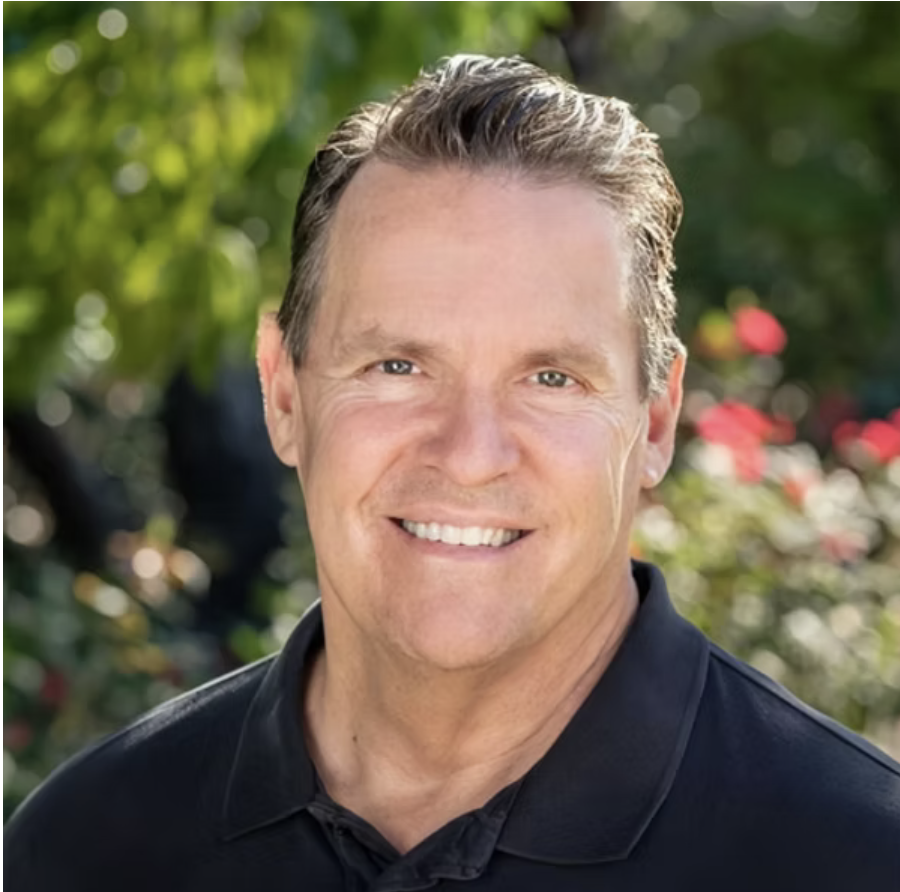
Chester Woolley, Managing Partner at Patamar Capital
Chester has been active in venture capital investing for over 30 years, managing more than $2 billion in investment capital as the founder of successful venture funds in the United States, Europe, and Asia. As Founding Partner of Dominion Ventures and European Venture Partners (now called Kreos Capital), Chester pioneered the concept of venture debt. Over his career, Chester has invested debt and equity in over 400 companies, including Ciena, Coinstar, Hotmail, and Human Genome Science.
Chester has been involved in frontier market venture capital investing since he joined Unitus Labs as a board member in 2001. During his time as Unitus Labs’ Capital Markets Chair, he was instrumental in the launch of Unitus Equity Fund, the first commercially focused micro finance equity investment fund, as well as Unitus Capital, the first investment bank focused on serving social enterprises throughout Asia. Since its launch, Unitus Equity Fund and its successor Elevar Equity have raised three funds totaling nearly $168 million, while Unitus Capital has successfully arranged over $1.6 billion in debt and equity financing for social enterprises. In 2011, Chester co-founded Patamar Capital (formerly Unitus Impact), a frontier markets venture capital firm with the mission of unlocking better economic opportunities for Asia’s low-income communities.
In addition to his current role as Co-Founder and Partner of Patamar Capital, Chester holds board seats at MicroBenefits, Jana Care, and Kinara. He is a founding and current board member of SKS Microfinance, India’s largest microfinance bank, and Samhita Microfinance. As co-founder, Chester launched the largest student-led venture fund in the United States, the $18.5 million University Venture Fund. In addition, Chester launched the University Impact Fund, which partners university students with top-tier impact investing firms and social enterprises to provide the students with real-time exposure to projects and investments.
Chester holds a B.S. in Business Management from Brigham Young University and an MBA from the University of Utah.
Combining Profits with Purpose: A New Era of Impact Investing
A Panel Discussion with Peter Borish, Linda Horner & Dr. Kal Mentak In an era where traditional philanthropy and capitalism often seem at odds, a new wave of thinking is reshaping the landscape—one that integrates financial success with meaningful social impact. This was the central theme of a compelling panel discussion featuring Peter Borish, Linda…
The AI Revolution: Avoiding a Future Controlled by the Few
Artificial Intelligence (AI) is at an inflection point. While most discussions center around the potential and risks of AI, Aldo Carrascoso, CEO and Co-Founder of Vivum AI, offers a different perspective—AI is at its own “War of Currents” moment, much like the battle between AC and DC electricity in the early 20th century. In a…
Partnerships for Strategic Conservation – Barry Gold
Barry Gold Outlines a Bold Vision for Conservation and Sustainable Development Africa is on the brink of a transformation—one that will define the future of the continent and, ultimately, the planet. With its population projected to double from 1.3 billion today to 2.2 billion by 2050 and reach nearly 4 billion by 2100, the demand…
Restoring Gorongosa National Park
Greg Carr’s Mission to Restore Gorongosa National Park: A Story of Conservation and Community Greg Carr’s journey from a successful technology entrepreneur to a dedicated philanthropist restoring Mozambique’s Gorongosa National Park is nothing short of remarkable. What began as a search for a meaningful way to give back has evolved into one of the most…

